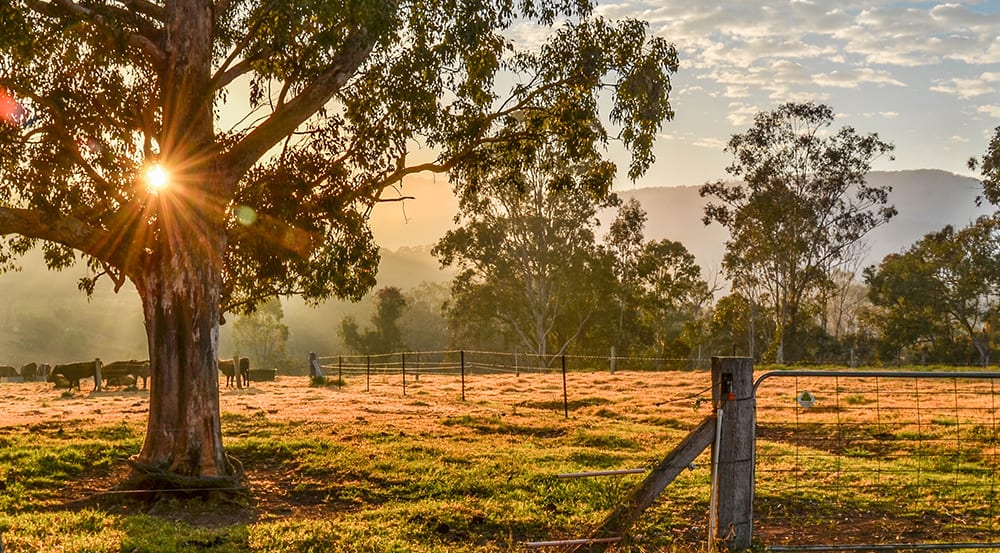Like any relationship, the relationship you have with your rural property manager is vital to maintain.
Whether you’re a first-time landowner, or seasoned landlord, ensuring that you ask the right questions of your rural property management is the key to feeling informed and content in your investment, especially if you don’t live in the same area. You’ll want to know that your property is well looked after by someone who understands that particular kind of land.
So, how do you ensure that you’re in the know when it comes to the management of your asset? We asked Licensed Estate Agent Don Olden, of Elders Leongatha/Korumburra.
Don grew up in the South Gippsland area. His strong community ties and passion for rural real estate have ensured that he has gained the trust of both regular clients and prospective buyers.
When it comes to information surrounding leases and contracts, Don advises that your rural property manager is a fantastic resource, and can save you from having to get a document drafted.
“We can provide generic and standard lease agreements and farm leases, which will spell out who is required to do what.” Once the parties have received the proposed lease, your property manager can fine-tune it so that both lessee and landlord are satisfied. Especially in the rural property context, where a property may require special maintenance or have restrictions on its use, that ability to create a bespoke contract is vital for the satisfaction of all parties.
Becoming informed doesn’t always mean trawling through a lot of documents either: “A lot of it is verbal… and we can also provide owners with past histories”, states Olden. That’s useful when you want to know what the land’s been used for in the past, or get a sense of rental demand.
After purchase, it seems communication is certainly key between a property owner and their manager.
Olden is clear about this: “keeping in constant contact is important. If they (the owner) have queries, it’s best to call, rather than to let them build up and stew on them, and most issues can be resolved via communication.”
A property manager should keep you updated on interactions with your tenants, and be able to arrange any repairs or maintenance done on the property. If it’s rural, there’s likely to be less choice for tradespeople, which is where a local agent comes in useful. They’ll know who has the local expertise for various tasks, and have already established relationships that allow them to get quick and efficient service to your investment property.
Fortunately for city-dwellers, email and other technologies open up a major channel of communication from people outside of rural areas to express interest in rural property and check in on their existing properties: “it helps people get a better understanding on where they stand.”
If you’re looking to buy rural property to use as a farm, you’ll need even more information.
“As well as doing market research, I think it’s important to speak to local agents within the rural area, including residential market management or sales people, as well as livestock agents. Speak to them in order to develop knowledge and a solid understanding”, says Don. And as a local? He’s here to help.
